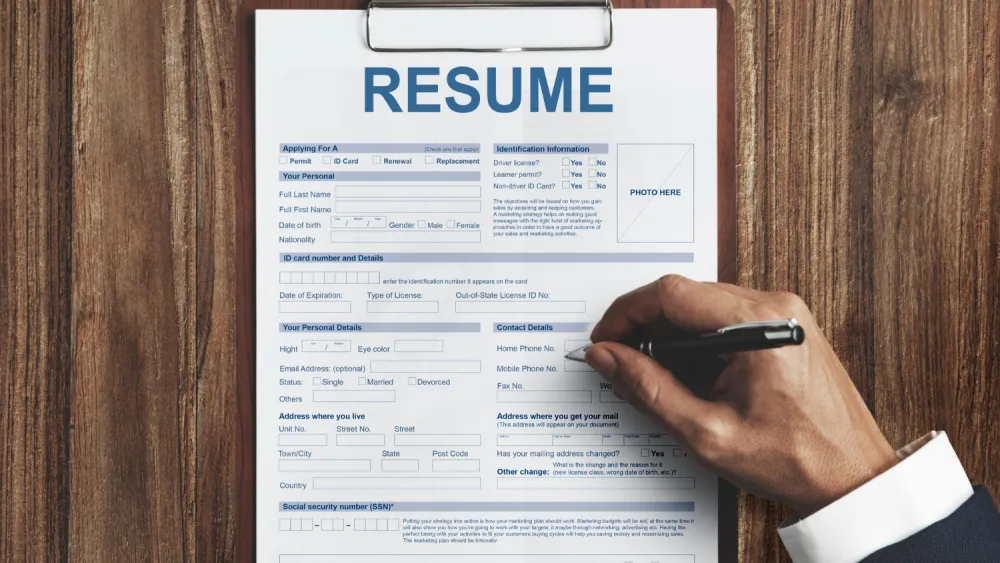
HR Briefing: How firms can brace for the hybrid work
Nearly half of workers still prefer to stay at home whilst governments roll out their respective vaccine programs.
The pandemic, as we know it, changed the way the world operates. Businesses, for one, were forced to shift in a hybrid setup where offices are manned by only a portion of their total capacity whilst the rest work at home.
Even as governments attempt to control the COVID-19 outbreak to return to the pre-pandemic scenario, the hybrid work arrangement is likely here to stay. How, then, are firms readying up for the long run?
In a recent study, conducted by Kelly OCG, it was found that Singapore executives are falling behind its neighbours in the Asia-Pacific region in terms of providing support to workers.
In Singapore, only 43% offered flexible work hours on top of the hybrid arrangements against 50% in APAC. In addition, 33% offered physical health support and only 36% in mental health support in Singapore, compared to APAC's 43% and 46%, respectively.
Randstad Singapore noted that the shift towards the new setup from the traditional 9-6 work hour arrangement will likely be an uphill climb.
“The hybrid workplace will not be an easy transition,” Randstad Singapore Jaya Dass, Managing Director, Singapore & Malaysia, told Singapore Business Review.
“However, having been able to find work-life harmony from working from home these past months, many employers and employees have both agreed that hybrid work is the way forward.”
A Randstad study found that 61% of Singaporeans still feel unsafe to return to the workplace whilst the vaccine program has yet to inoculate a large portion of the population.
In Singapore, 70% have plans to once again report to their offices for work after the pandemic, which is lower than 92% in Mainland China and 85% in Malaysia and Hong Kong.
In Hong Kong, Randstad reported that 71% of workers are being asked to work in the office, despite continuing threats of the pandemic.
Moreover, nearly half, or 48%, of Hong Kong respondents have expressed their preference to continue staying at home until others have been vaccinated.
Dass added the strategy should revolve around culture, physical work environment, and new technologies.
Of this, she said, the mindset shift would be the hardest to focus on, in terms of preparations.
“Many people are used to thinking that ‘more’ means ‘productivity,’” she said. “However, in doing so, companies may risk launching a product or solution that doesn’t meet the customers’ requirements.”
To attain this, she advised companies to strengthen their internal feedback and build a learning culture.
Moreover, companies should also utilise new technologies to engage workers and aid in driving their productivity even whilst working remotely.
This includes tools to help track progress and deadlines, and ultimately, ensure collaboration amongst workers are retained.
“To achieve productivity in a hybrid model, employers must first understand that work is what you do, and not where you do it,” she said.
“There has to be first a mutual agreement between employers and employees on how productivity should be monitored and measured.”
Productivity, however, is only one of the key issues that companies need to keep an eye on under hybrid work as workers have raised a common issue on the toll the current working environment has taken on mental health.
Dass emphasised that ensuring measures that take account of workers’ well-being is critical. To begin, employers could work on earning the trust of their employees that could help in their openness.
“Managers would have to earn their employees’ trust by being more actively involved in their well-being,” she said. “Establishing a level of trust and bond is important in safeguarding the well-being of employees as it helps build communication.”
This could be accomplished through regular check-ins using surveys or virtual meetings.
For their part, the workers could also initiate talks with regards to their physical and mental health, particularly, on work-related matters that do not sit well with them.
“At the end of the day, a good manager will take employee’s feedback seriously and do what they can to improve well-being for their team,” she said.
“Employees who feel unheard and unappreciated will likely look for new employers after a while.



















 Advertise
Advertise









